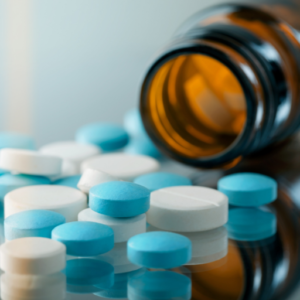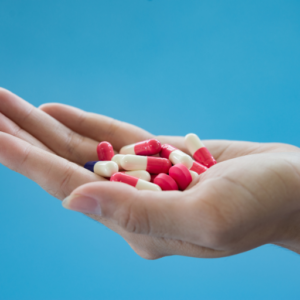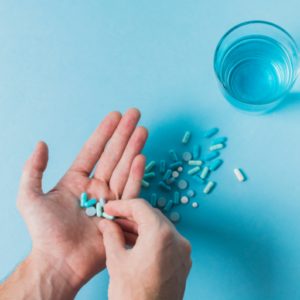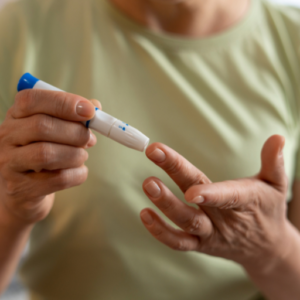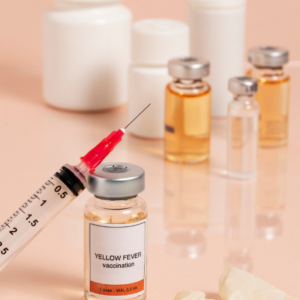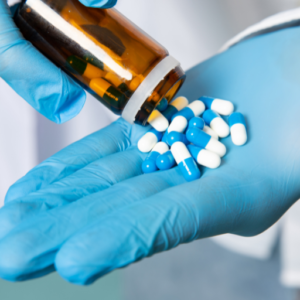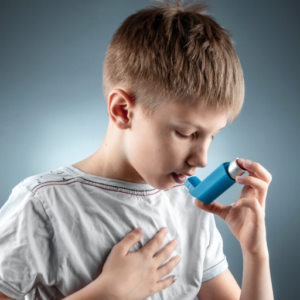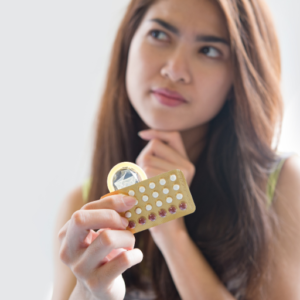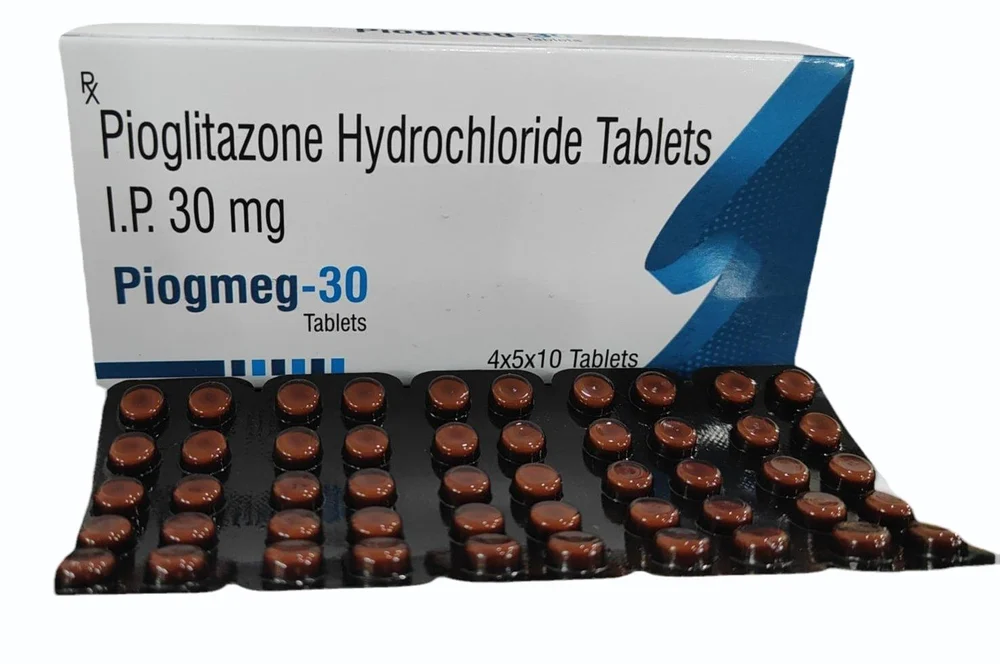Piogmeg 30mg
| Package | Per tablet | Savings | Price |
|---|---|---|---|
| 180 tablets | $0.23 | $13 | $54 $41 |
| 150 tablets | $0.23 | $10 | $45 $35 |
| 120 tablets | $0.24 | $7 | $36 $29 |
| 90 tablets | $0.26 | $4 | $27 $23 |
| 60 tablets | $0.27 | $2 | $18 $16 |
| 30 tablets | $0.30 | – | $9 |
What is this medicine?
PIOGMEG-30 Tablet contains Pioglitazone, which is a thiazolidinedione-type oral antidiabetic medicine. It is used to treat type 2 diabetes mellitus in adults. It works by increasing the body’s sensitivity to insulin, helping to control blood sugar levels. It may be used alone or in combination with other medications such as metformin, sulfonylureas, or insulin.
What should I tell my health care provider before I take this medicine?
They need to know if you have any of these conditions:
-
Heart disease or congestive heart failure
-
Liver disease
-
Bladder cancer (current or history of)
-
Macular edema (swelling in the back of the eye)
-
Fracture risk or history of osteoporosis
-
Type 1 diabetes
-
Diabetic ketoacidosis
-
If you are a postmenopausal woman (increased risk of bone fractures)
-
An unusual or allergic reaction to pioglitazone or other antidiabetic medicines
-
Pregnant or trying to get pregnant
-
Breast-feeding
How should I use this medicine?
Take this medicine by mouth with or without food, usually once daily or as directed by your doctor. Take it with a full glass of water.
Take your doses at regular intervals. Do not take your medicine more often than directed. Do not stop taking this medicine except on the advice of your doctor or health care professional.
Overdosage: If you think you have taken too much of this medicine, contact a poison control center or emergency room at once.
What if I miss a dose?
If you miss a dose, take it as soon as you can. If it is almost time for your next dose, take only that dose. Do not take double or extra doses.
What may interact with this medicine?
-
Insulin or other diabetes medicines (may increase risk of low blood sugar or fluid retention)
-
Ketoconazole or other antifungals
-
Rifampin (an antibiotic)
-
Oral contraceptives
-
Gemfibrozil or other cholesterol-lowering agents
-
Corticosteroids or diuretics
-
Herbal supplements, especially those that affect blood sugar
This list may not describe all possible interactions. Give your health care provider a list of all the medicines, herbs, non-prescription drugs, or dietary supplements you use. Also tell them if you smoke, drink alcohol, or use illegal drugs. Some items may interact with your medicine.
What should I watch for while using this medicine?
-
Visit your doctor or health care professional for regular checks on your progress, including liver function and blood sugar monitoring.
-
Monitor for symptoms of heart failure (like swelling of ankles/feet, shortness of breath, or sudden weight gain).
-
Women may be at increased risk of bone fractures—talk to your doctor about bone health.
-
Inform your doctor immediately if you notice changes in vision or swelling in your eyes.
-
This medicine may take a few weeks to take full effect—continue following your diet and exercise plan.
-
Avoid alcohol as it may increase the risk of low blood sugar or liver issues.
-
If you plan to become pregnant, discuss with your doctor—pioglitazone should be used during pregnancy only if clearly needed.
-
This medicine does not usually cause low blood sugar unless used with other diabetes medicines. Be aware of signs of low blood sugar if you’re on combination therapy.
What side effects may I notice from this medicine?
Side effects that you should report to your doctor or health care professional as soon as possible:
-
Allergic reactions: skin rash or hives, swelling of the face/lips/tongue/throat
-
Difficulty breathing or chest tightness
-
Swelling of the legs or ankles (fluid retention)
-
Shortness of breath, especially when lying down
-
Sudden weight gain
-
Blood in urine or urinary problems
-
Visual changes or blurred vision
-
Unusual tiredness or yellowing of the eyes/skin (signs of liver issues)
Side effects that usually do not require medical attention (report if persistent or bothersome):
-
Headache
-
Muscle aches
-
Cold-like symptoms (nasal congestion, sore throat)
-
Mild weight gain
-
Gas or stomach discomfort
This list may not describe all possible side effects. Contact your doctor for medical advice about side effects.
Where should I keep my medicine?
-
Keep out of the reach of children.
-
Store at room temperature between 20 and 25 degrees C (68 and 77 degrees F).
-
Protect from moisture and heat.
-
Keep in original packaging until use.
-
Do not use beyond the expiration date.
-
Dispose of unused medicine safely, preferably via a take-back program.




